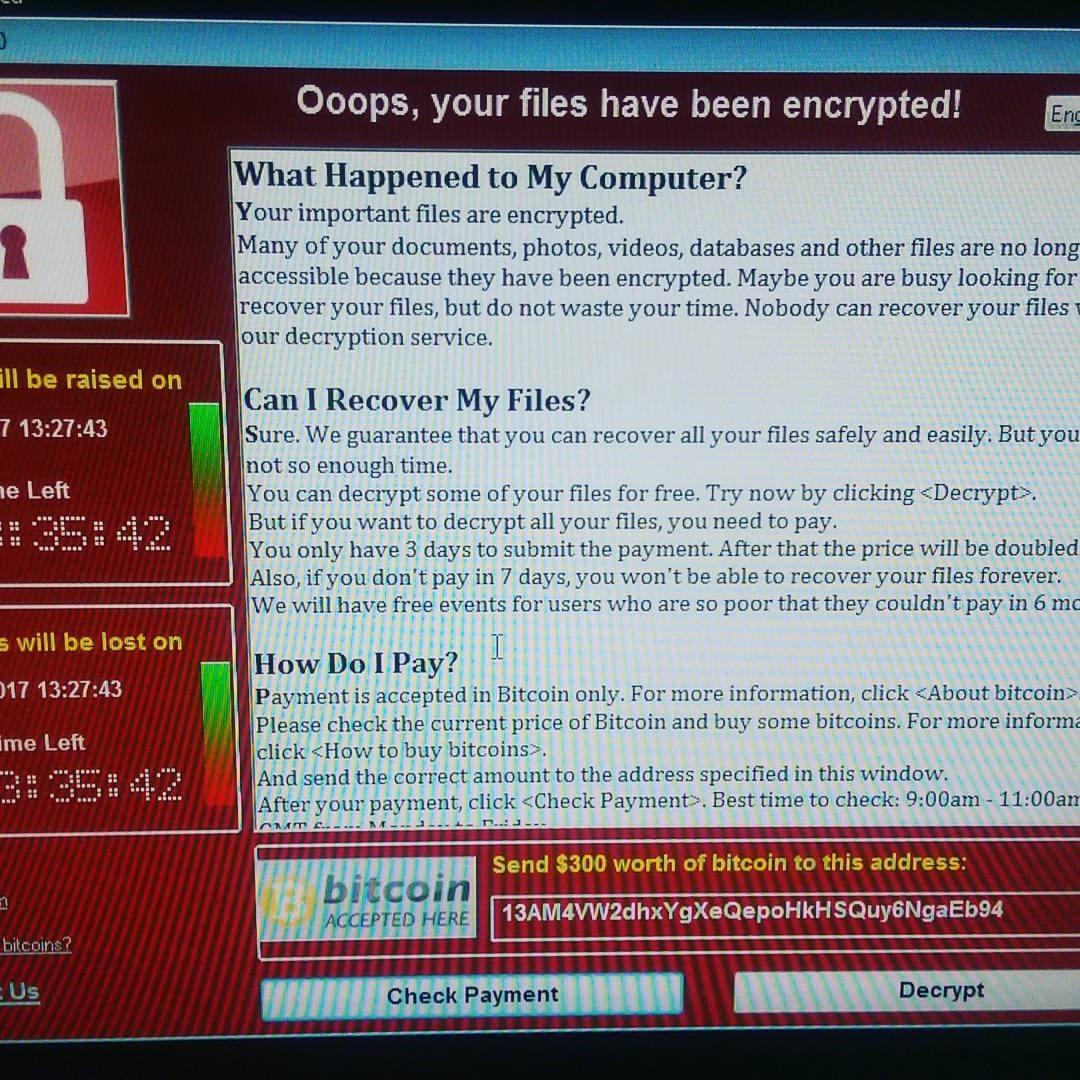NHS hack: The terrifying software that has infected hospital computers across England
Your support helps us to tell the story
From reproductive rights to climate change to Big Tech, The Independent is on the ground when the story is developing. Whether it's investigating the financials of Elon Musk's pro-Trump PAC or producing our latest documentary, 'The A Word', which shines a light on the American women fighting for reproductive rights, we know how important it is to parse out the facts from the messaging.
At such a critical moment in US history, we need reporters on the ground. Your donation allows us to keep sending journalists to speak to both sides of the story.
The Independent is trusted by Americans across the entire political spectrum. And unlike many other quality news outlets, we choose not to lock Americans out of our reporting and analysis with paywalls. We believe quality journalism should be available to everyone, paid for by those who can afford it.
Your support makes all the difference.Computers in hospitals across England are showing a terrifying message after a cyber attack.
The screen asks users to send money before they can get to their files – which include patients' most sensitive data.
It asks the hospitals to send $300 to a specific bitcoin address, at which point their files will be unlocked.
The ransomware is shocking and horrifying. But it's also well known – as Wanna Decryptor, a piece of software that can be deployed to steal money from people.

It can be used on hospitals and healthcare institutions, but on anyone else too.
Wanna Decryptor is a piece of malicious software that encrypts files on a user's computer, blocking them from view and threatening to delete them unless a payment is made.
The virus is usually covertly installed on to computers by being hidden within innocent-looking emails containing links, which users are tricked into opening.
Once opened, the malware can install on to a system without the user's knowledge.
The virus is then able to encrypt files and block user access to them, displaying a pop-up window on-screen telling users they have been blocked and demanding payment - often via a digital currency such as Bitcoin.
Transactions through digital currencies such as Bitcoin are harder to trace as they do not involve a central banking system to process or confirm transactions, instead relying on other users to do so in a peer-to-peer system, which increases the chances of anonymity.
It is possible to remove ransomware such as Wanna Decryptor without payment by using advanced anti-malware software.
The malware can also be removed manually with a computer in "safe mode", however security experts warn this runs the risk of damage to a PC as users must go through sensitive system files in order to find and isolate files created by the Wanna Decryptor software.
Additional reporting by Press Association

Join our commenting forum
Join thought-provoking conversations, follow other Independent readers and see their replies
Comments